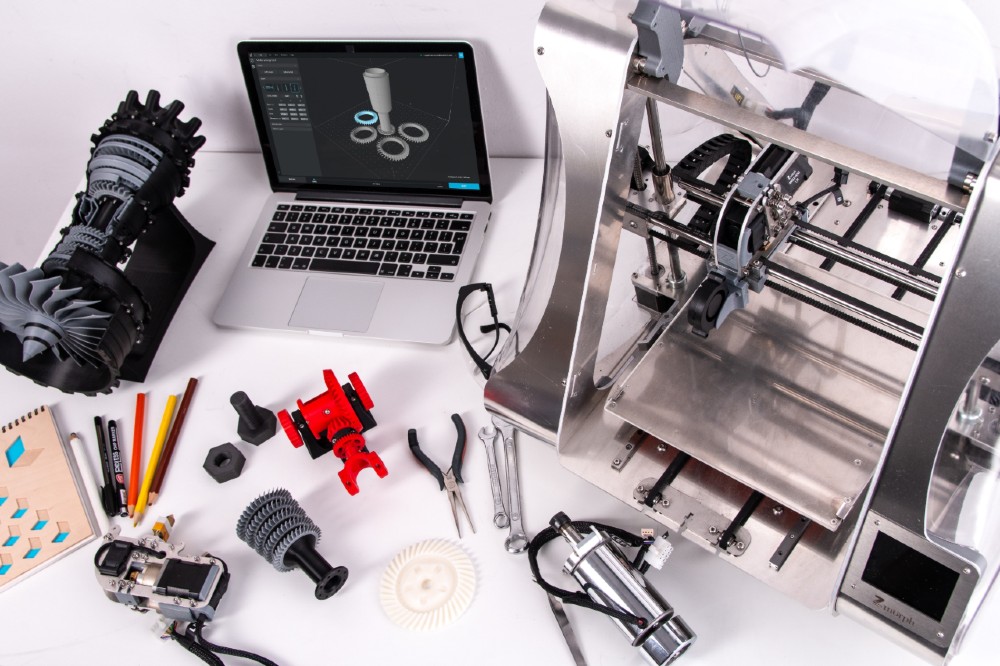Smooth sailing
The debate and controversy surrounding self-driving cars continues, but there are other, less examined benefits to this technology. Take for example MIT’s latest project: self-driving boats. Most of us think of cars as a primary means of transportation, especially when no mass-transit is available. However, for many people, cars are not a viable means of transportation. In many areas walking, bicycles, mopeds, and even boats are the primary means of transportation. This self-driving technology has already been applied to moving sidewalks, automated, cars, and now boats.
![]()
The MIT project
MIT, along with researchers from Delft University of Technology and Wageningen University and Research, in partnership with the city of Amsterdam’s Waternet, have launched their new self-driving boat project aptly named Roboat.
This project will deploy an impressive fleet for testing in the Dutch waterways.
According to FastCo.Design, MIT wants to begin testing autonomous boats into the canals within the year, with the whole project lasting five years. Carlo Ratti, one of MIT’s principal investigators on the project stated, “We want to start testing autonomous boats in an urban context—an unprecedented result which could potentially give us useful insights for all those cities and metropolis facing ports, rivers, or waterways.”
Why autonomous vehicles matter
While the novelty of autonomous boats is cool enough, there is more to these boats than meets the eye. These boats will also be equipped with environmental sensors that will monitor the city’s water by providing chemical analysis.
This will help scientists understand the health of the population, as well as the environment, in a more comprehensive manner.
Also, Roboats could be used to create “dynamic infrastructures.” According to Ratti, they have the ability to be bound together to create instant, pop-up, public spaces (bridges, stages for concerts, or temporary places in emergencies). Ratti likens these spaces to the Festa del Redentore in Venice, Italy.
What’s in store for the future?
Of course there are still questions about safety, reliability, and effectiveness, but they have the potential to change the way in which water vessels function.
Vessels can do more than float; they can collect data, provide temporary structures, and transportation.
Since the project has just been launched, it will be interesting to see where it takes us in terms of autonomous options and data collection.
#Roboat
Jennifer Walpole is a Senior Staff Writer at The American Genius and holds a Master's degree in English from the University of Oklahoma. She is a science fiction fanatic and enjoys writing way more than she should. She dreams of being a screenwriter and seeing her work on the big screen in Hollywood one day.










































